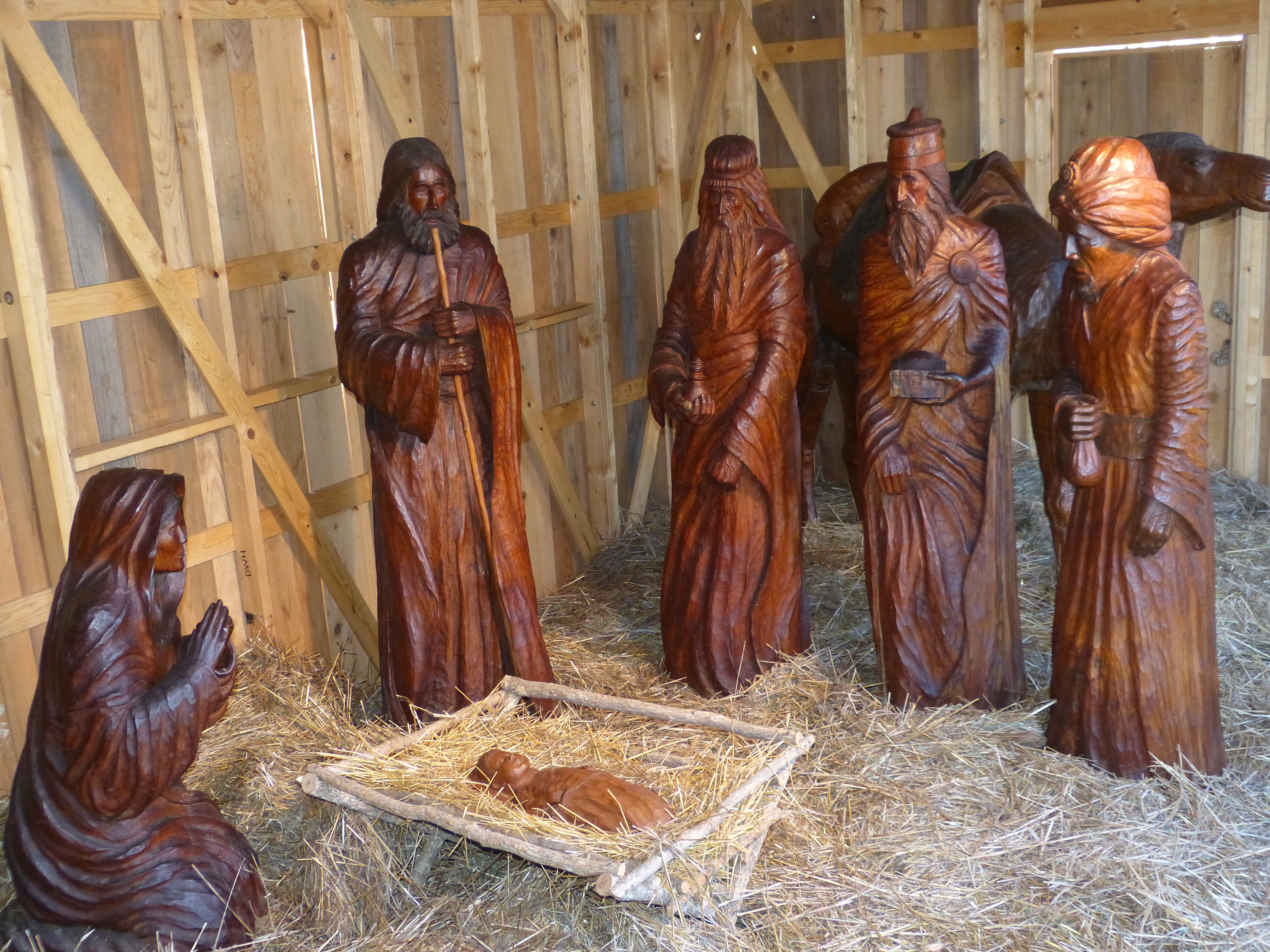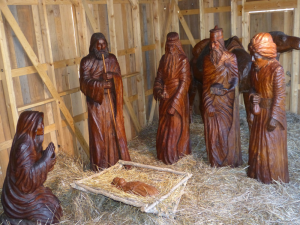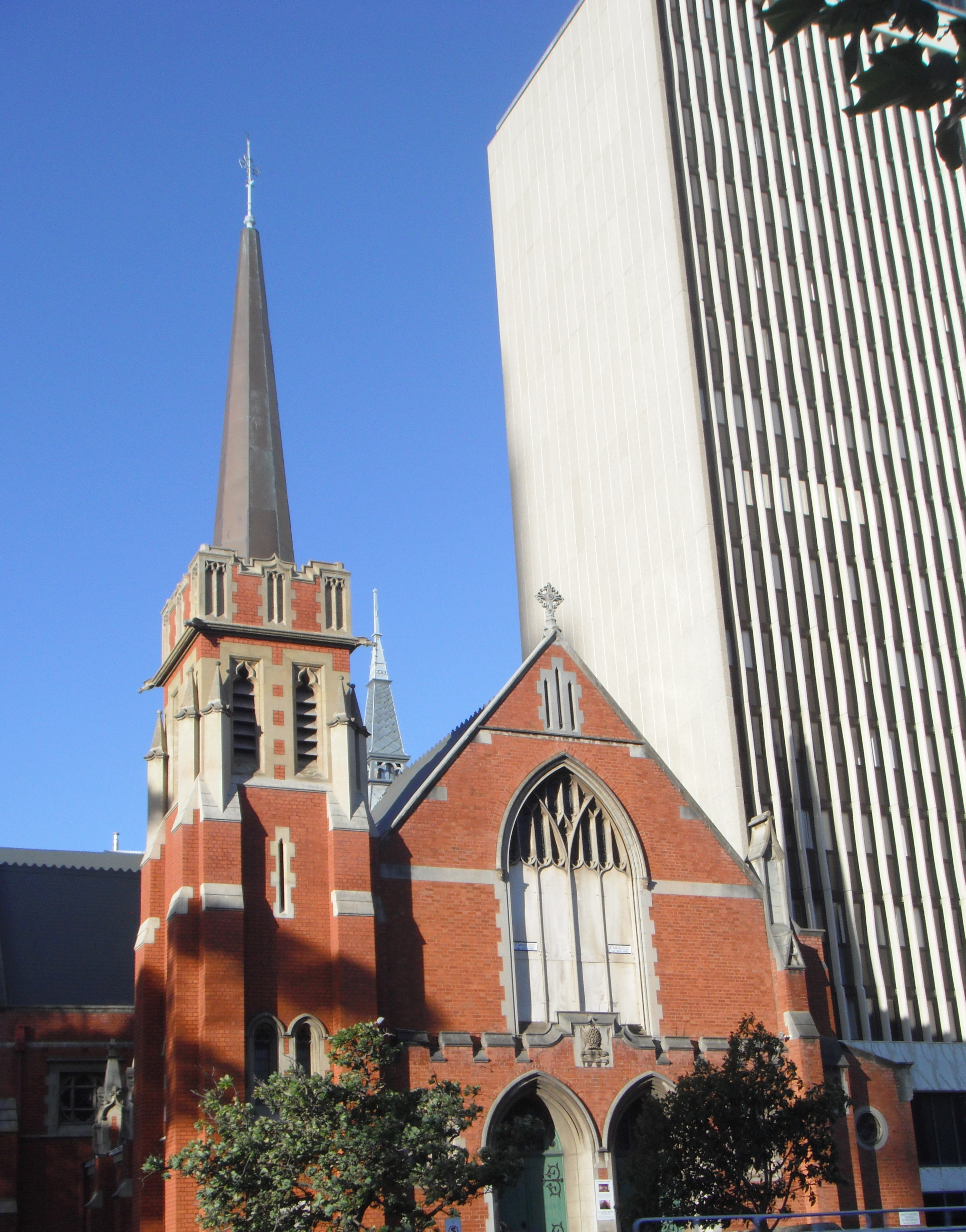NE Arkansas School District to Offer Academic Course on the Bible
A public school district in northeast Arkansas has announced plans to offer students an elective, academic course on the Bible.
According to Christian Post, Westside Consolidated School District hopes to have course material lined up in time to offer the course to students during the 2016-2017 school year.
Act 1440 of 2013–sponsored by Rep. Denny Altes and enacted under Governor Mike Beebe–permits public schools to offer elective academic courses that study “the Bible and its influence on literature, art, music, culture, and politics.”
The law states the course must be objective and nonsectarian, and it must meet the same academic standards as other elective courses offered in public schools. Anyone wishing to teach the course must be licensed to teach in the State of Arkansas.
Courts have indicated the U.S. Constitution does not prevent public school students from being taught about the Bible and its significance throughout human history, provided the instruction is conducted in an educational and neutral manner.
In 1980, the U.S. Supreme Court even went so far in its Stone v. Graham decision as to say, “the Bible may constitutionally be used in an appropriate study of history, civilization, ethics, comparative religion, or the like.” The key is the state has to have a legitimate, secular purpose in offering elective courses on the Bible.
In the case of Act 1440, the purpose is clear: To study the Bible’s influence on multiple facets of our culture. Since no single book has held more sway over western culture than the Bible, this purpose seems more than reasonable.
Of course it’s also worth remembering students and teachers do not shed their First Amendment freedoms simply by walking into a public school. Students and teachers can peacefully read their Bibles or pray during breaks, before school, and after school. Students are free to form religiously-based student organizations–such as Fellowship of Christian Athletes. Students can even discuss their faith, if relevant, as part of course assignments and homework.



 Last year we debunked seven myths about Christmas celebrations at public schools. Today we are revisiting those seven myths.
Last year we debunked seven myths about Christmas celebrations at public schools. Today we are revisiting those seven myths.